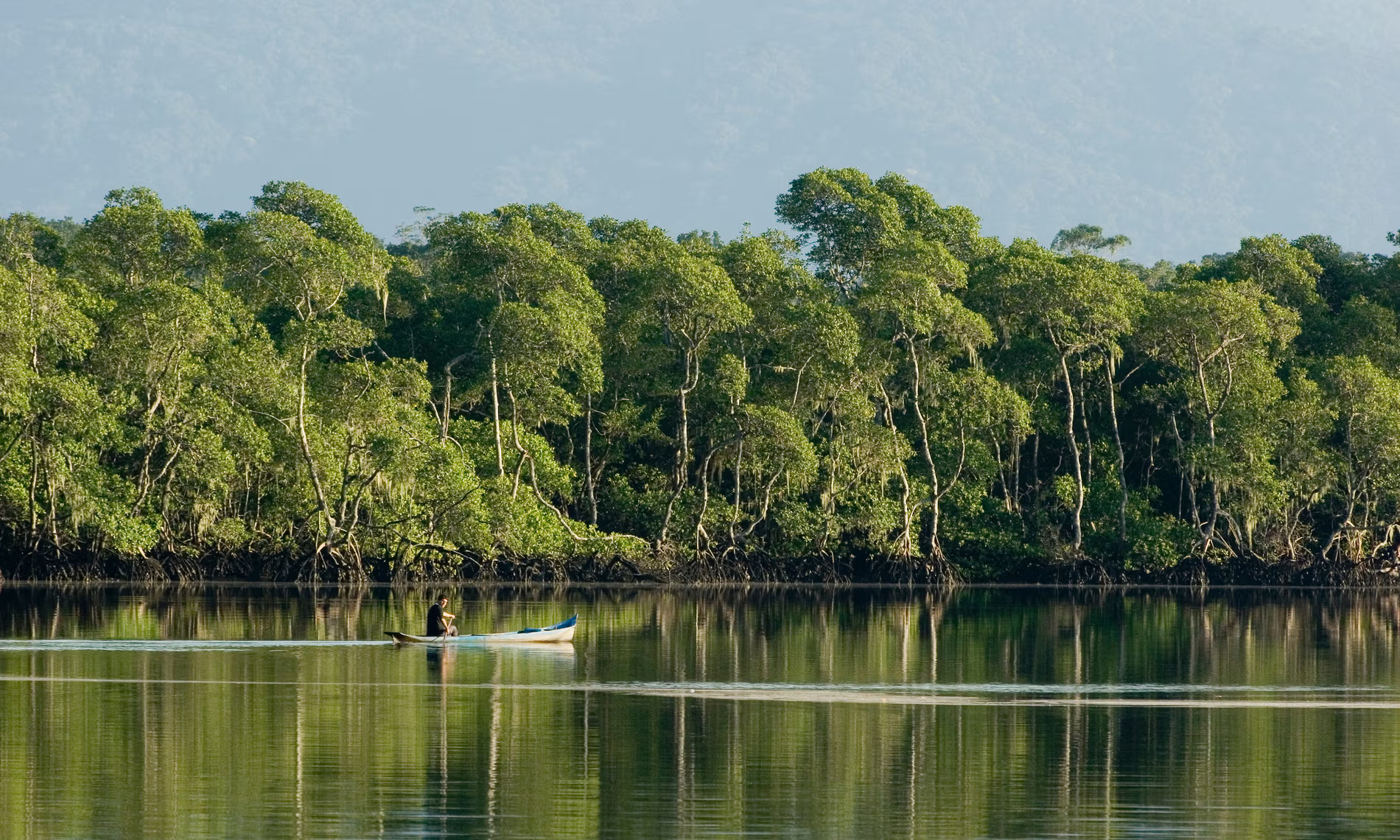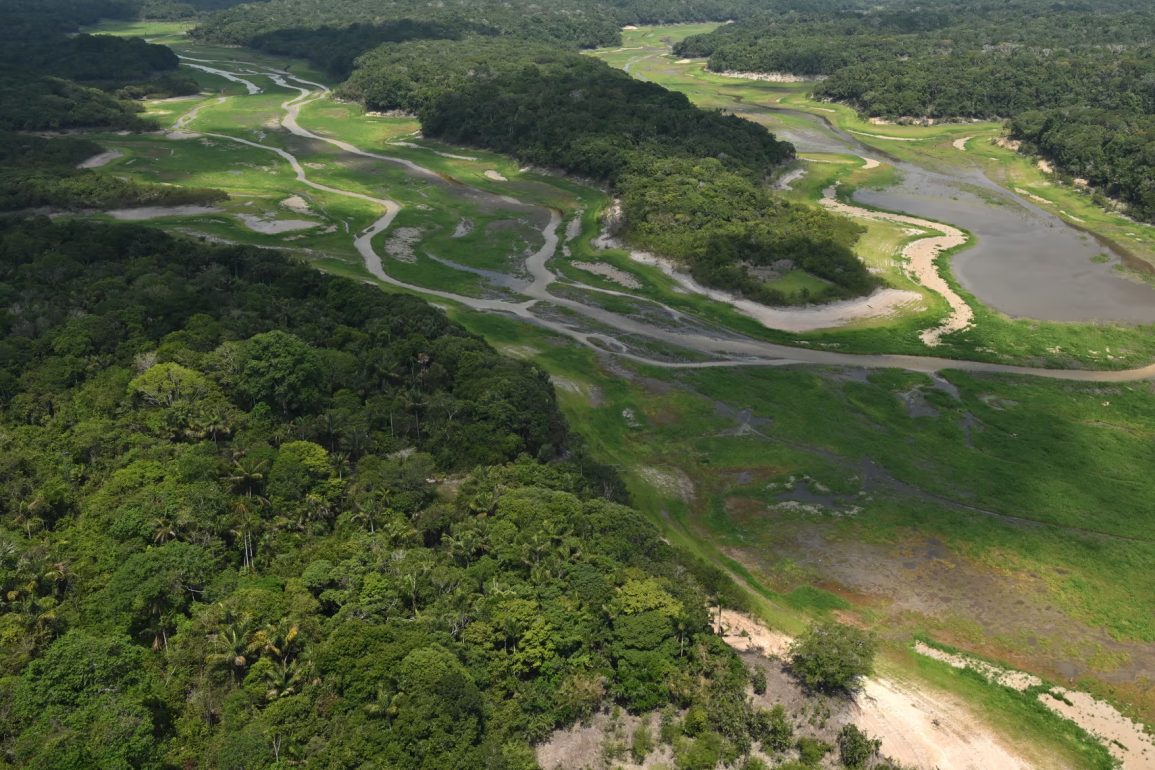The Soy Moratorium, a key environmental agreement aimed at protecting the Amazon rainforest from deforestation caused by soy farming, is facing unprecedented pressure from a variety of political and business forces in Brazil.
Since its inception in 2006, the voluntary moratorium has successfully reduced deforestation in the Amazon, with international companies like McDonald’s and Cargill agreeing not to source soy from areas cleared after 2008. This agreement has been hailed as a major success, preventing the destruction of approximately 17,000 square kilometers of forest while allowing soy production to expand in Brazil.
However, the future of the Soy Moratorium is now in jeopardy. The Brazilian Association of Vegetable Oil Industries (ABIOVE) is set to vote on a proposal that would fundamentally alter the way the moratorium is monitored. Instead of assessing entire farms, the proposed changes would focus on individual fields, allowing farmers to selectively comply with the moratorium and potentially bypass its restrictions.
Conservationists warn that this change would create significant loopholes, making it easier for farmers to continue clearing land in violation of the spirit of the agreement. If this reform passes, key environmental groups have threatened to withdraw their support for the moratorium.
The proposed changes come amid a broader political shift in Brazil, where right-wing legislators and agribusiness groups are increasingly challenging environmental protections. These forces argue that external pressures, like the European Union’s deforestation-free trade law, are undermining Brazil’s sovereignty and harming local farmers.

Some farmers feel that they are unfairly penalized for their adherence to the moratorium, especially given the economic hardships they face due to droughts and fires. Conservationists acknowledge these struggles but argue that incentives for sustainable farming practices are necessary to support farmers while maintaining environmental protections.
The threat to the Soy Moratorium is compounded by actions at the state level. The state of Mato Grosso, a major soy-producing region, recently revoked tax incentives for companies participating in agreements like the moratorium, and other states are considering similar measures.
The national association of soy producers, Aprosoja, is also vocally opposed to the moratorium. Agribusiness lobbies, which have gained significant political influence in Brazil, are pushing to weaken environmental regulations, including the Soy Moratorium, to favor economic growth over conservation efforts.
Carlos Klink, a former Brazilian environmental minister, points out that the political landscape in Brazil has changed dramatically since the moratorium was first established. The rise of the agribusiness lobby and the current government’s weaker stance on environmental issues have made it more difficult to maintain the moratorium’s strict enforcement.
These political shifts are fueling resistance to external environmental regulations, particularly those from European markets, which Brazilian producers view as unfairly targeting them and benefiting competitors in other countries.
Despite these challenges, some global traders and environmental groups continue to push for the moratorium’s preservation. Companies like Bunge and Louis Dreyfus Company have expressed strong support for the agreement, while others, including Cargill, have sent mixed signals about their commitment to maintaining the moratorium in its current form.
The future of the Soy Moratorium remains uncertain as the vote approaches, but experts warn that weakening or ending the agreement could have significant environmental, economic, and reputational consequences for Brazil, especially as the country prepares to host the COP30 climate conference in 2025. The outcome of this debate will have far-reaching implications for the Amazon and the global fight against climate change.

